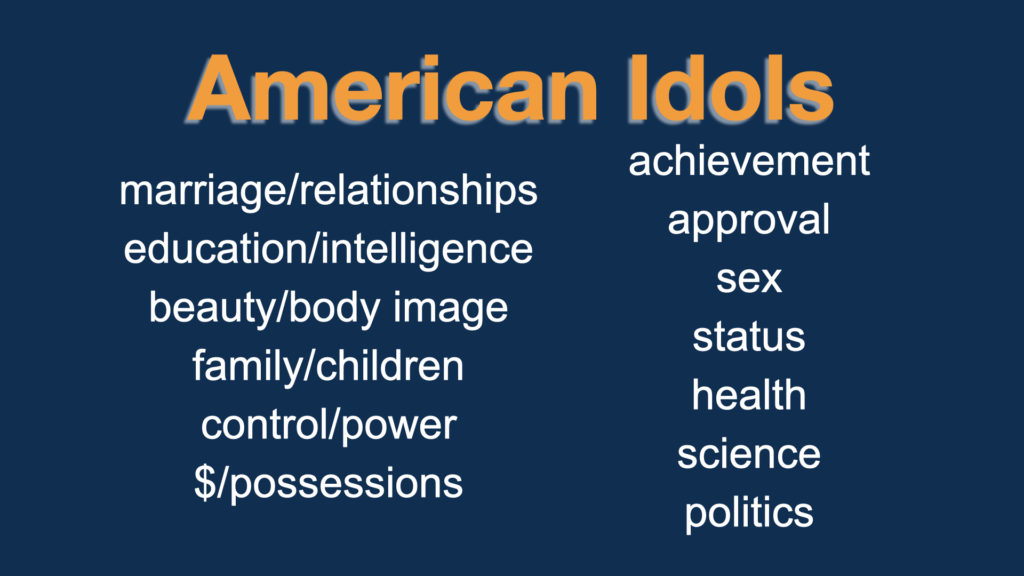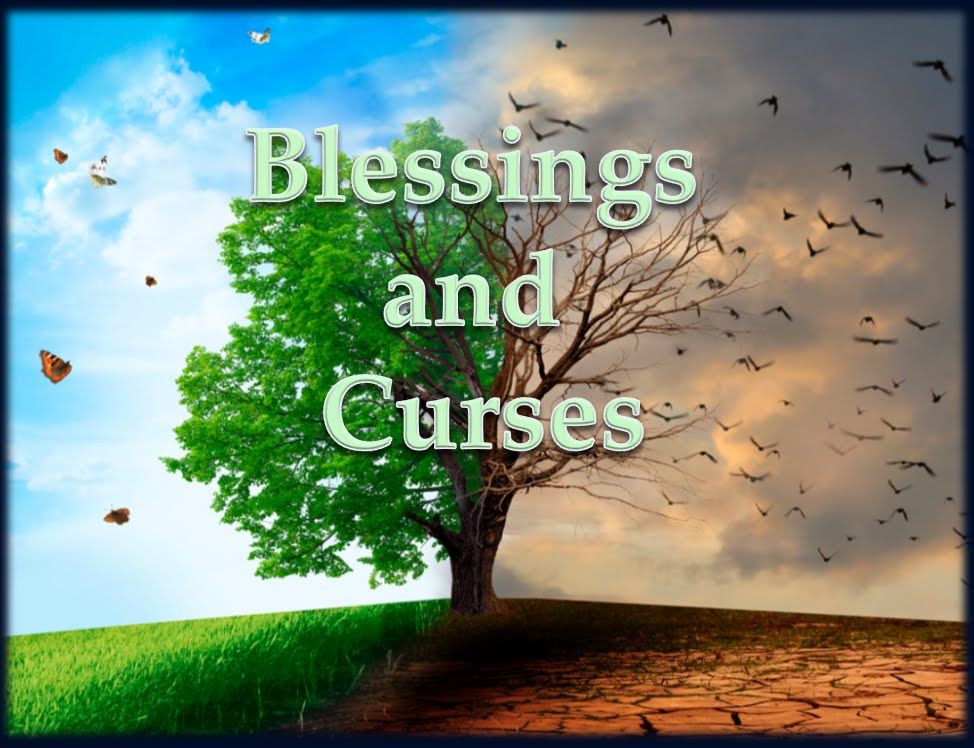
Photo by Etienne Girardet on Unsplash
This post completes the series I enjoyed through the book of Numbers with our faith-family.
My preaching portion was 33:50–36:13. I know it’s a lot of text, but we were at the end of the series and these instructions were far from new to our congregants.
The structure is clear with the repeated or restated version of: “And the Lord spoke to Moses…” (cf. 33:50; 34:1, etc.). These instructions for God’s people to live successfully in the Land must somehow translated into instructions that help us in our faith-journey with the Lord.
Then, as always, we follow the narrative to identify the theology:
- Our ongoing fight against cultural idols is in vv. 33:50-56. The theology shines through the command to get rid of the temptations and the warning of what will happen if God’s people don’t. Our walk with God requires constantly putting sin to death in the power of His Spirit.
- Our secure piece of the Promised Land in vv. 34:1-29; 36:1-13. Every person receives their inheritance (cf. 36:8). The special case revolving around a command to give a piece of the Land to a man’s daughters makes it clear that everyone was entitled to enjoy the blessing of God. The same goes for genuine believers enjoying their spiritual inheritance (cf. Acts 20:32 “…and to give you the inheritance among all those who are sanctified.”). As a good theologian, you will have to help them see why this inheritance means the world to God’s people.
- Our commitment to worship in vv. 35:1-8. This section centers on the implications of providing a place for the Levites in the Land. God’s people are surrounded by priests who will help them maintain a vital connection to their God.
- Finally, our commitment to value human life in vv. 35:9-34. Some of the strangest sections in the OT for me are those instructions concerning creating cities of refuge. Yet, because the presence of God made the Land and the people holy, it was crucial for human life to be taken seriously and the taking of human life to be taken seriously. In his commentary, Wenham speaks of “the most potent pollution of shed blood.” The same life-giving element that covered sins could also become destructive.
Anyway, I settled on these four hope-filled instructions from the final sections of Numbers. The book closes with:
“These are the commandments and the rules that the Lord commanded through Moses to the people of Israel in the plains of Moab by the Jordan at Jericho” (36:13).
And I know our Lord receives glory in the church and in Christ Jesus (Ephesians 3:21) when the instructions are preached.
Randal
P.S. Next time I will try to share what I learn each time I complete a lengthy sermon series through books of the Bible, especially the OT.
P.P.S. For those who may be looking for a Christological reading of Numbers, look no further than 1 Corinthians 10:1-14.










